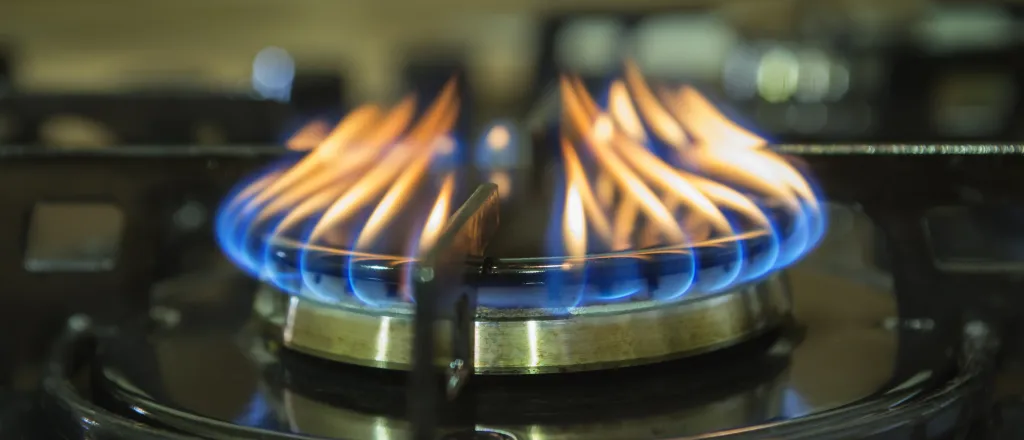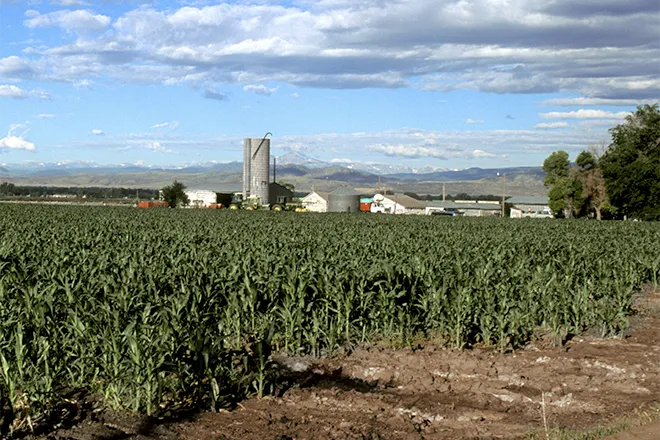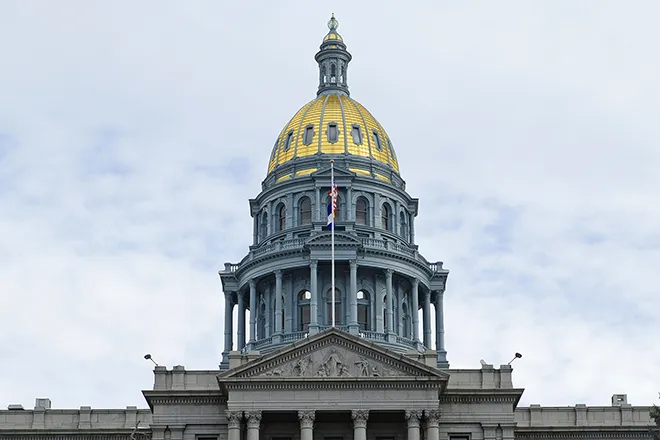
Study: gas stoves leak methane, even when off
© iStock - FotoCuisinette
Suzanne Potter
(California News Service) Gas stoves in home kitchens are leaking a lot more methane gas than previously known, which has implications for the fight against climate change, according to a new study from Stanford University.
Researchers found in the United States each year, gas stoves emit 2.6 million tons of methane, which is the same amount of greenhouse gas as 500,000 cars.
Eric Lebel, senior scientist at PSE Energy in Oakland and co-author of the study, said the 53 gas ranges they measured leaked about three-quarters of their emissions while turned off.
"Over about 20 years, the total climate impact of the same weight of methane gas is 86 times more than the same weight of carbon dioxide," Lebel reported. "Methane leaks are very important, even small leaks."
Multiple cities in California, including Berkeley, Oakland and San Francisco, have banned gas ranges in new construction in future years. Critics countered electric ranges can be more expensive.
Lebel argued as California's electric grid is powered more and more by renewable sources, electric appliances are much "greener" than those burning natural gas.
"If you burn gas, you're going to be emitting carbon dioxide, and then, the methane just added, on top of that, to the climate impact," Lebel asserted. "But if you do have an electric stove, then it is possible to have a cleaner source of energy for the stove."
The study found most of the emissions are below the odor threshold, so families wouldn't necessarily notice the gas leak because they cannot smell it. Gas stoves also contribute to indoor air pollution, so experts advised people to always turn on the range hood fan when they are in use.

















